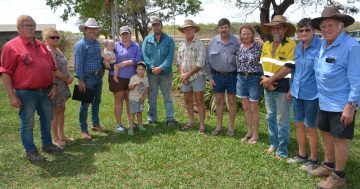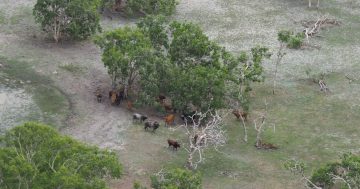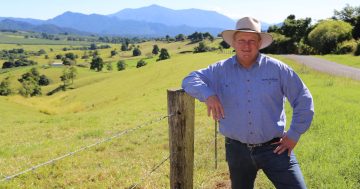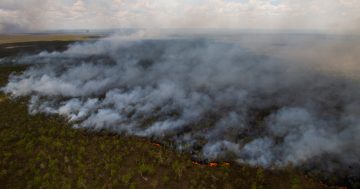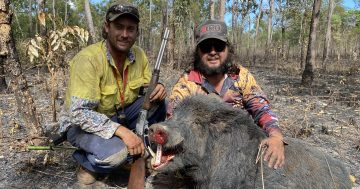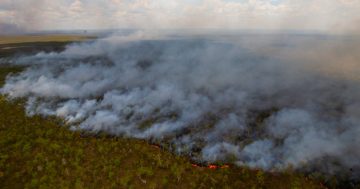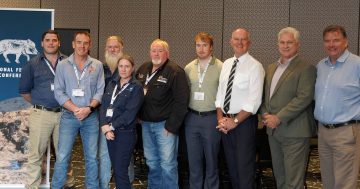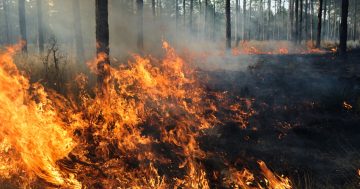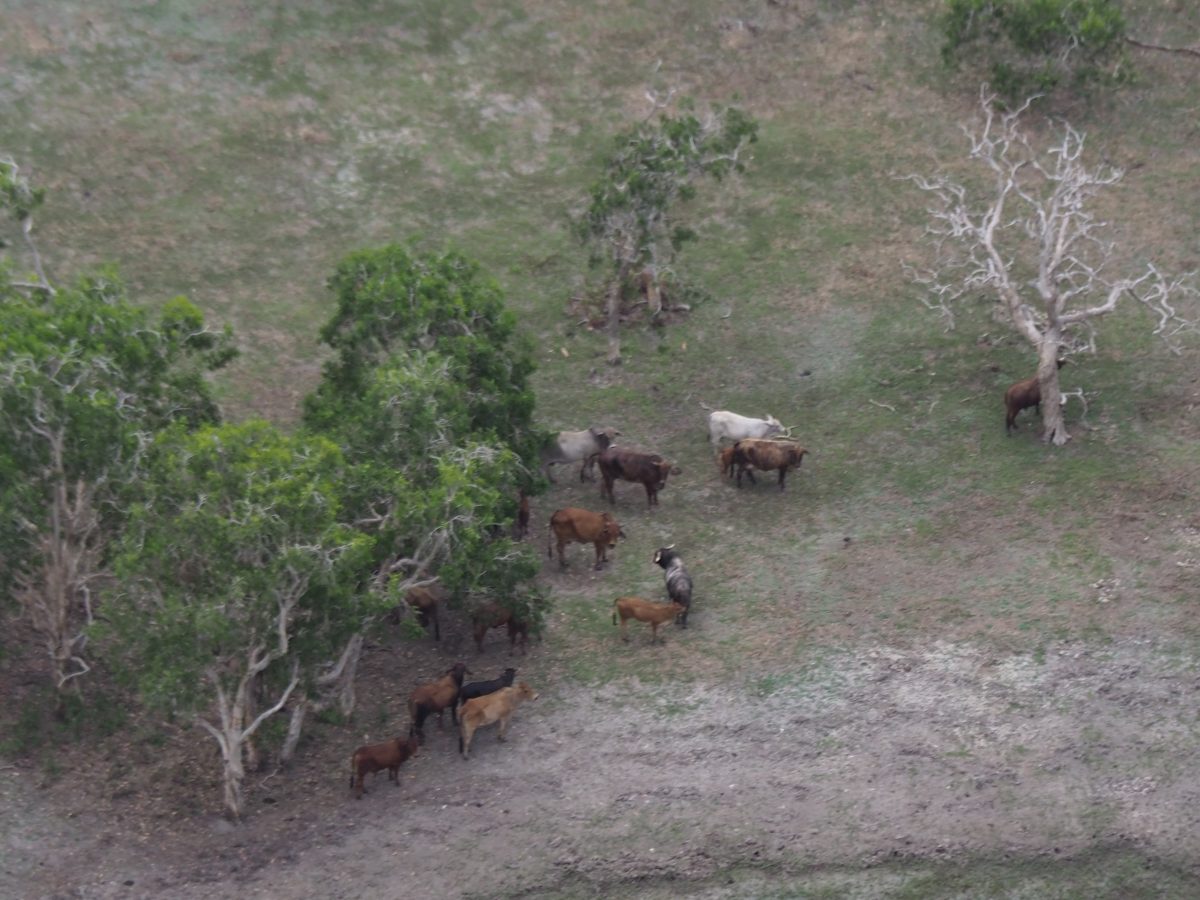
Cape York landholders have until September to remove branded cattle from four national parks ahead of Queensland Parks and Wildlife Service’s 2024 feral control program. Photo: Supplied.
Feral cattle control will be undertaken in four Cape York national parks later this year to help the Queensland Parks and Wildlife Service (QPWS) prevent damage to native and cultural elements of the assets.
Feral and branded cattle cause damage to water bodies, rare and endangered plants, habitat for endangered animals and places of cultural significance for First Nations peoples.
QPWS conduct regular feral animal control programs on national parks on Cape York that target feral pigs, feral cats, feral horses and unbranded cattle, and assistant principal ranger Steve Coulson said survey data will be used to inform the programs and feral cattle management.
A 2022-23 aerial monitoring and satellite tracking program on Cape York Peninsula Aboriginal Land (CYPAL) conducted by QPWS and CSIRO used helicopters and satellite tracking to establish the number and movement patterns of feral cattle, as well as their distribution.
“It is estimated that thousands of unbranded cattle are still grazing and forming herds in the vast, unique and diverse landscapes on the peninsula, including on CYPAL national parks” Mr Coulson said.
“QPWS is working with neighbouring landowners to facilitate the issue of stock mustering permits, so that they can retrieve their cattle from protected areas.
“In 2023, we issued 33 stock mustering permits, and we’re asking any neighbouring landowners to contact QPWS early and obtain permits for 2024.
“The feral cattle need to be removed from managed herds, so they don’t reduce the value of landholders’ stock.”
Mr Coulson said landholders had until September 2024 to muster their branded cattle from CYPAL national parks, after which, remaining cattle would be seized.
“Following the September seizure, QPWS will conduct a control program in four CYPAL national parks targeting unbranded feral cattle,” he said.
“Given the damage feral cattle can cause to the natural environment and culturally significant places, our primary objective is to significantly reduce the numbers of cattle on protected area estate, and to prevent re-population from occurring.”
The program will be undertaken in Rinyirru (Lakefield) National Park, Olkola National Park, Oyala Thumotang National Park and Cape Melville National Park.


